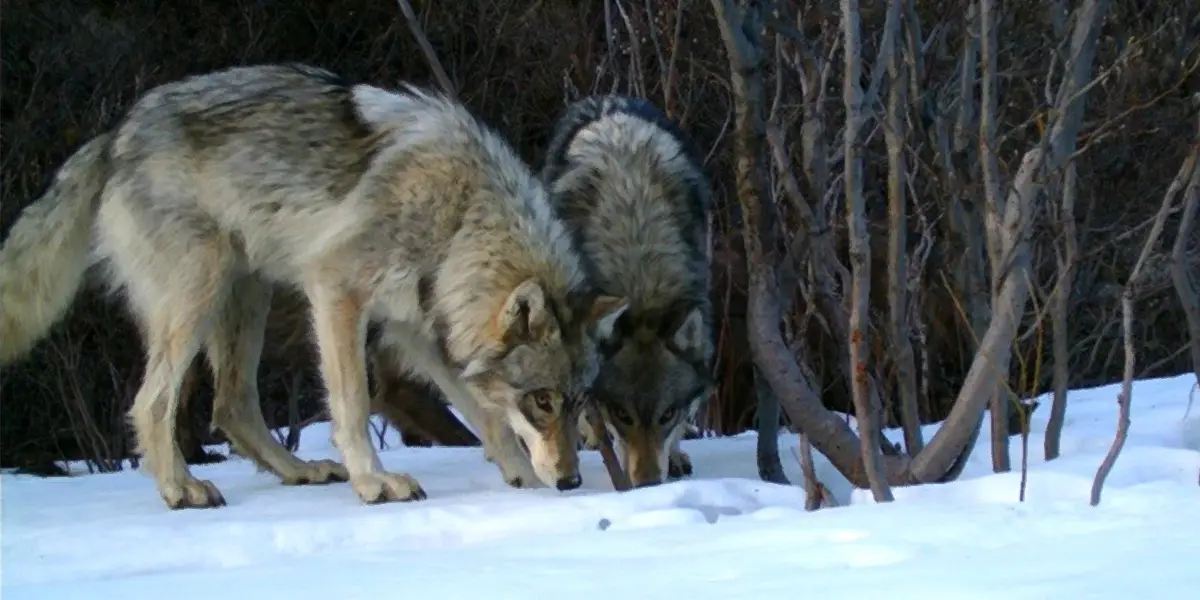Animals are Becoming Nocturnal to Avoid Contact with Humans, Says Study

By Amanda Froelich Truth Theory
By refusing to live and act in a sustainable way, humans have devastated planet Earth. Animals are not ignorant of this fact, which is why they are becoming increasingly nocturnal, according to a new study published in Science.
The research was led by Kaitlyn Gaynor, an ecologist at the University of California, Berkeley. Along with colleagues, she concluded that ordinary activities, such as hiking and camping, can scare animals as well as drive them to become more active during the evening.
Said Gaynor: “It suggests that animals might be playing it safe around people. We may think that we leave no trace when we’re just hiking in the woods, but our mere presence can have lasting consequences.”
For the study, Gaynor and associates analyzed 76 studies involving 62 species who inhabit six continents. Otters in Brazil, lions in Tanzania, coyotes in California, and tigers in Nepal were all included in the study. Phys reports:
“Researchers compared how much time those creatures spent active at night under different types of human disturbance such as hunting, hiking and farming. On average, the team found that human presence triggered an increase of about 20 percent in nighttime activity, even in animals that aren’t night owls.”
The results were staggering, to say the least. Said Ana Benitez Lopez of Radboud University, who reviewed the study: “No one else has compiled all this information and analyzed it in such a … robust way.”
Gaynor added that the findings are “a little bit scary.” She said, “Even if people think that we’re not deliberately trying to impact animals, we probably are without knowing it.”
“Humans can do their thing during the day; wildlife can do their thing at night,” Gaynor added. Her hope is that species learn to co-exist and share the planet “with many other species that are just taking the night shift while we’re sleeping.”
What are your thoughts? Please comment below and share this news!
Image Credit: National Park Service
Leave Comment: